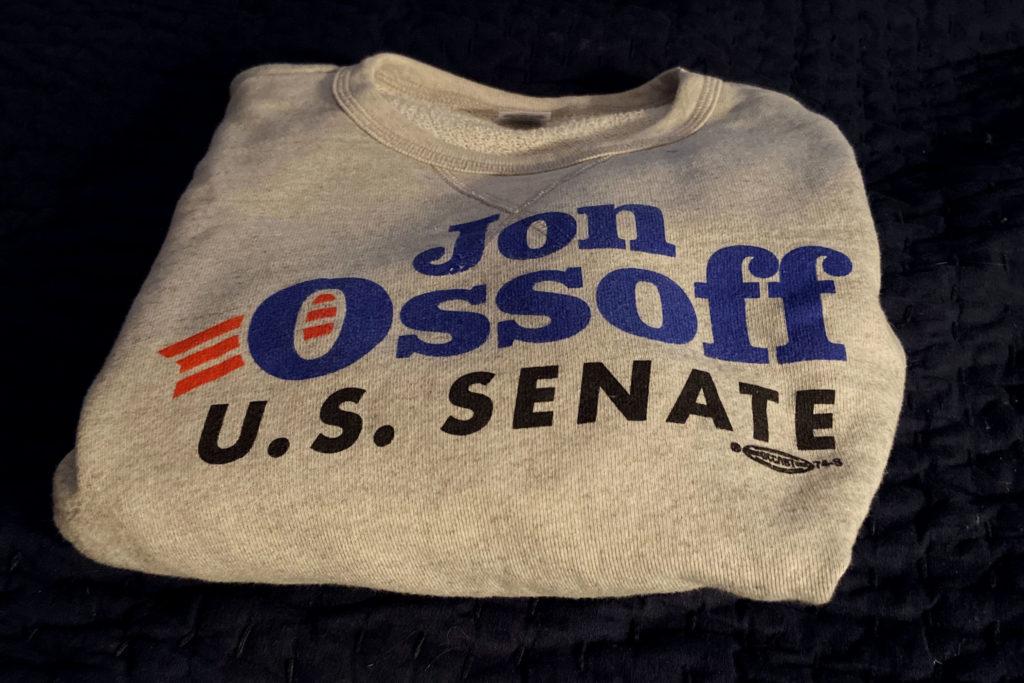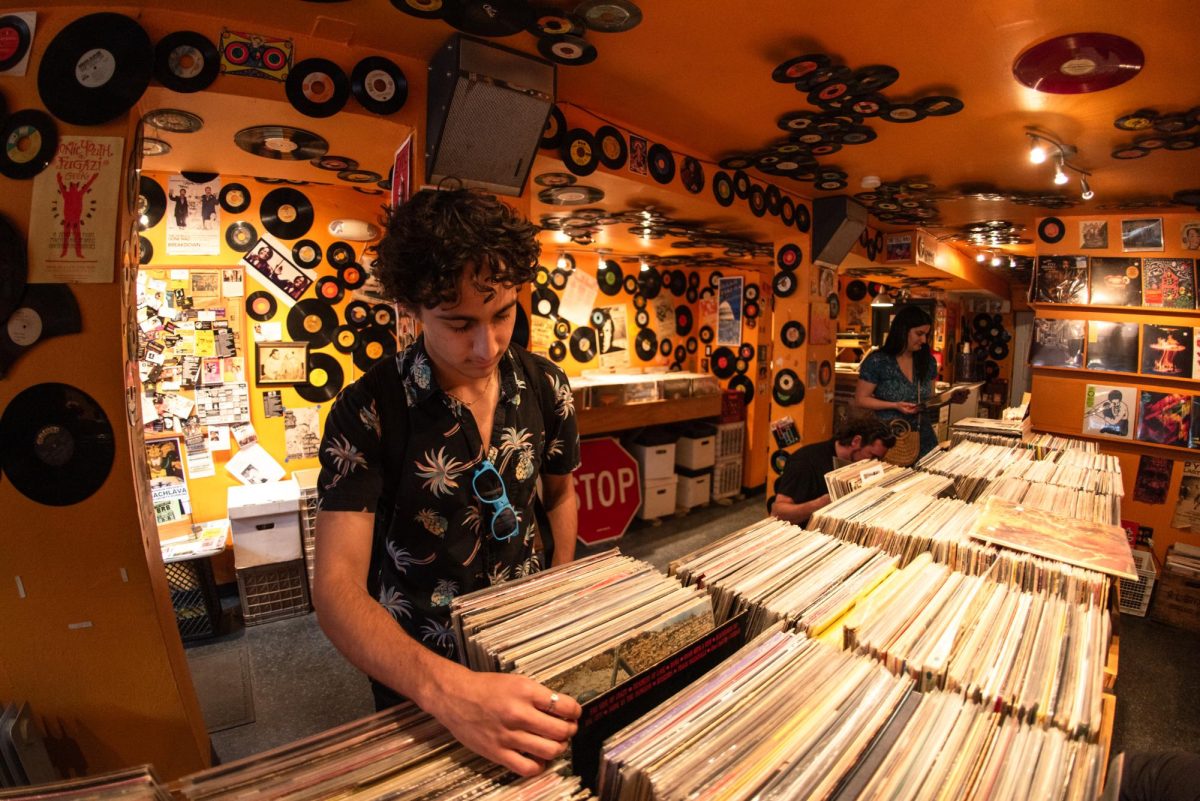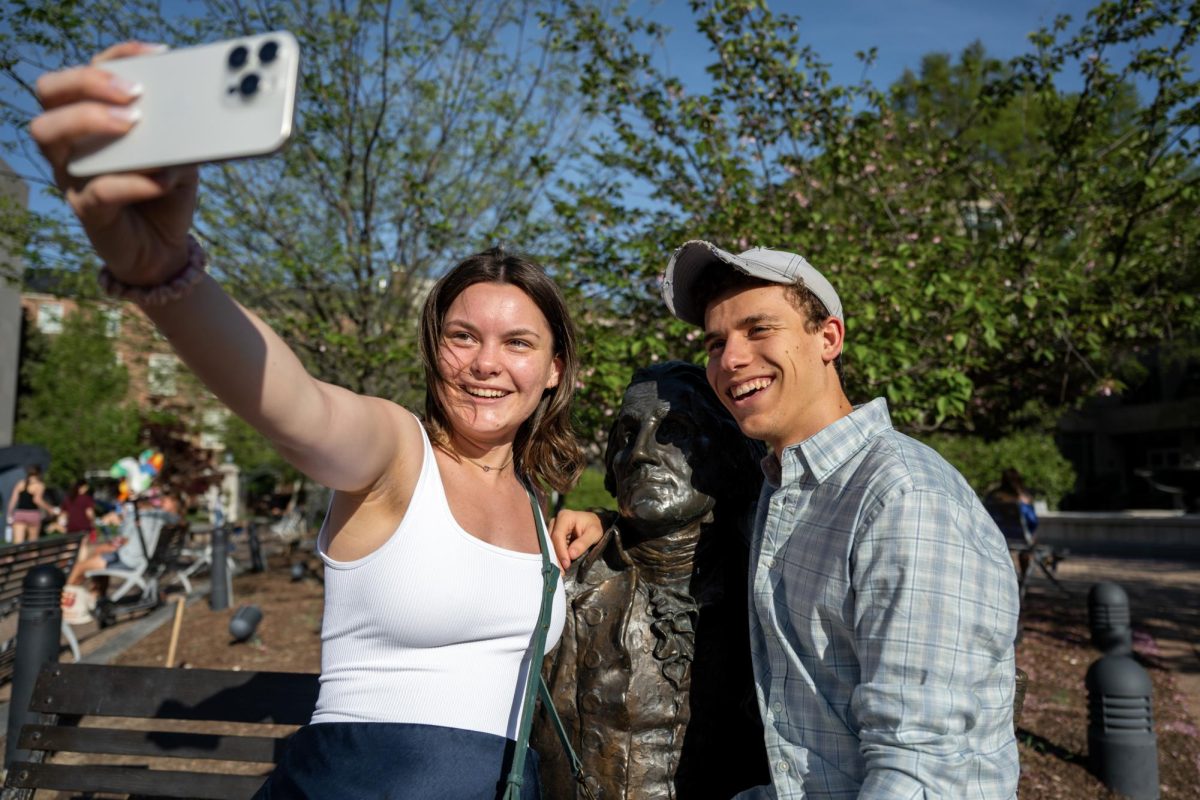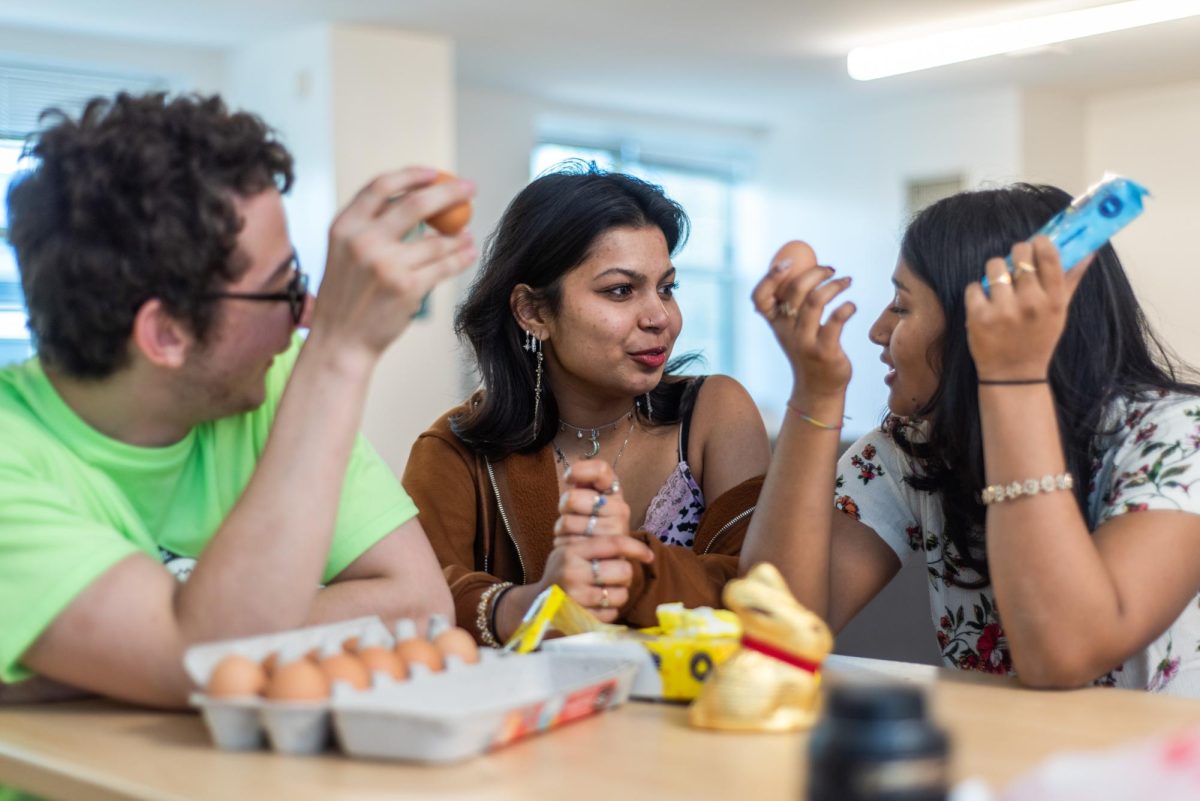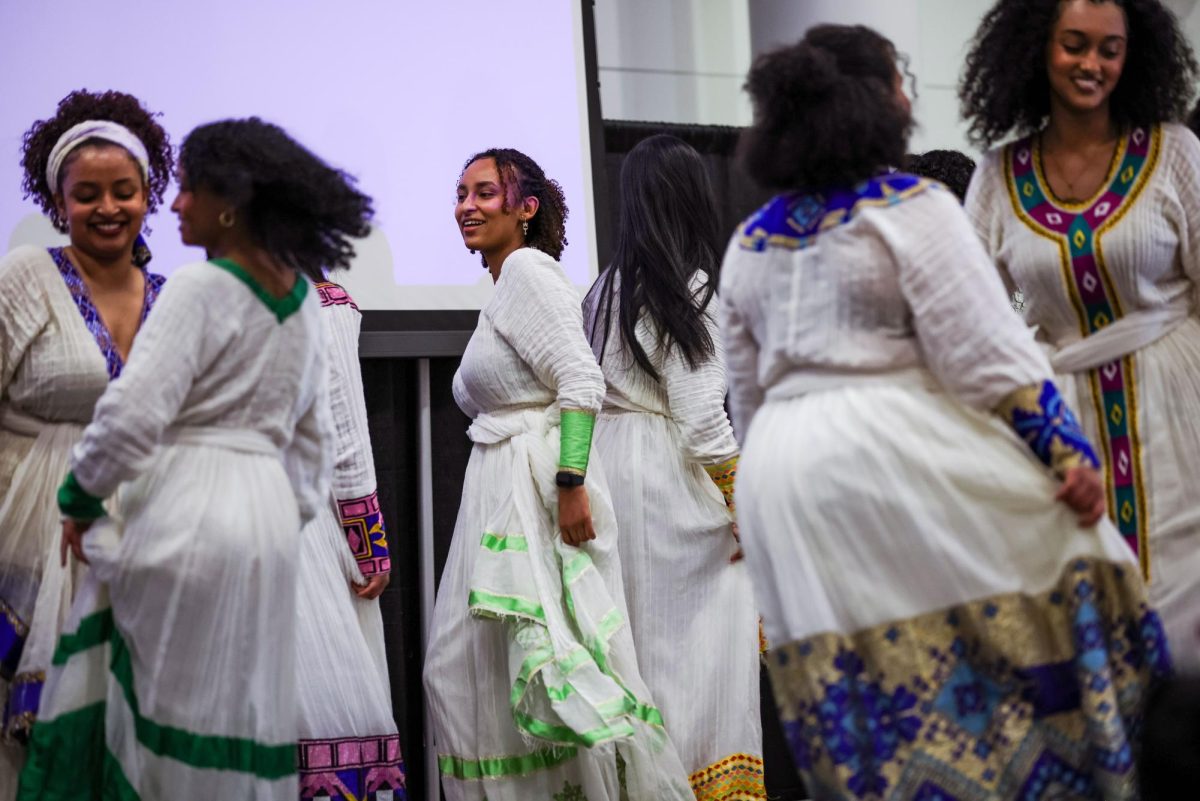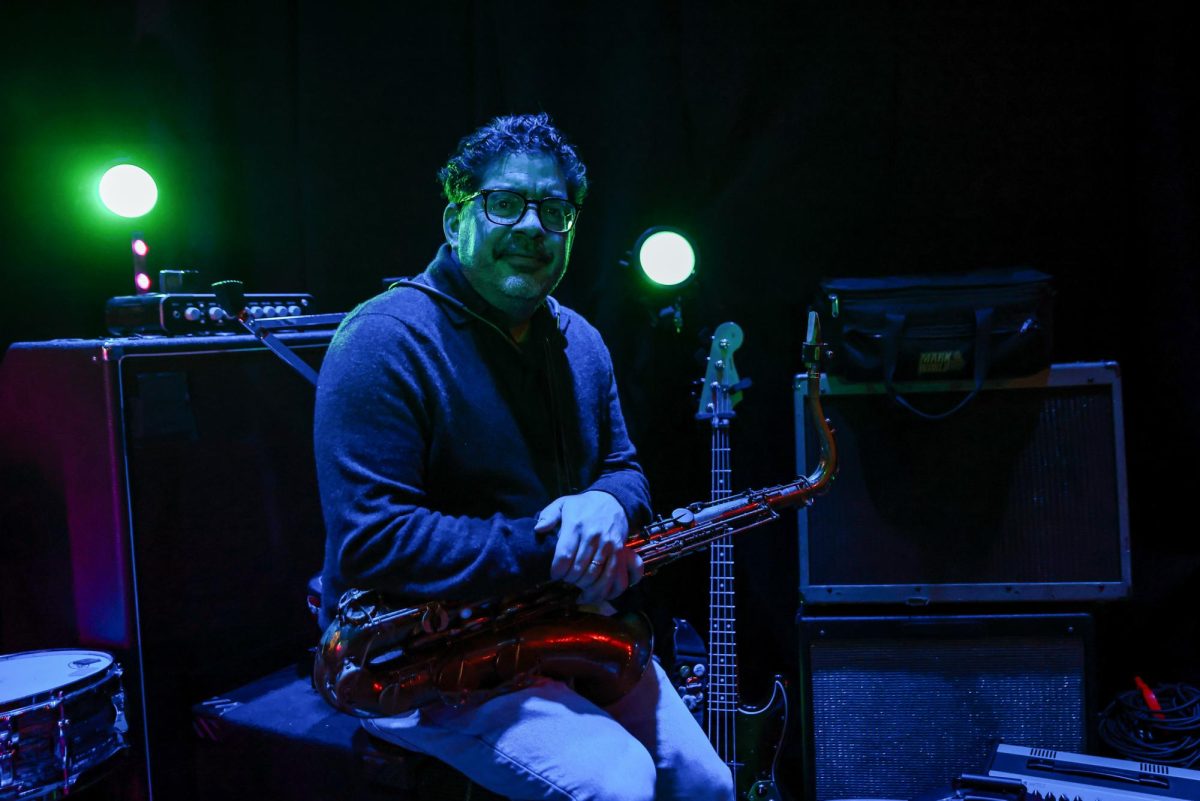After learning of voter suppression in Georgia during the 2018 gubernatorial election, now-freshman Shivani Desai looked forward to helping people get to the polls in her home state’s 2020 Senate race.
Desai said when the election rolled around in November, she had been helping manage and create content for then-Democratic candidate Jon Ossoff’s social media. Then, after the election headed to a runoff, she said Ossoff’s campaign team merged with then-Democratic candidate Raphael Warnock’s, and she worked along other interns to ramp up attention to the two candidates through TikTok.
Desai is one of five students who said they’ve volunteered for the two Democrats’ successful campaigns for Georgia’s senate seats through phone banking and canvassing. The students, all of whom are from southern states, said they wanted to help the U.S. Senate secure a Democratic majority and encourage a more progressive agenda in the South.
“I learned that it really makes a difference if you have it in your power to work for a campaign that you know is one of the best, if not the strongest avenue, to bring justice for your state and for the country,” Desai said.
Desai, who volunteered for both Sens. Ossoff and Warnock’s runoff campaigns, said she credits former Georgia House Rep. Stacey Abrams, D-Ga., and other political activists for their push to flip Georgia blue through initiatives like the New Georgia Project, which helped increase voter registration, particularly for traditionally underrepresented groups like younger voters and racial minorities.
Senior Madeleine Deisen, a former Hatchet reporter and member of Swing Left – an organization that works to flip states from red to blue – said she spent 15 to 20 hours per week phone banking and friend banking, which includes reaching out to friends and family members to remind them to vote in the election. Deisen said friend banking was a more “personal” way to encourage people to vote.
“It doesn’t have to be your best friends, although, of course, that’s really powerful,” she said. “But even just an acquaintance, if someone that you know in your personal life and your real life asks you to vote, that’s a lot more powerful than a stranger calling you up on the phone.”
Since an additional runoff election took place in January after the regular election in November, Deisen said she and the rest of the coordinated campaign for both candidates wanted to ensure they reached out to young people, particularly Georgia college students who might not be living at the same location they were during the general election. To target this group, Deisen said she and other organizers used a voter mobilization tool called Reach to make it easier to reach out to friends and family with voter information.
When the election headed to a runoff around the time of final exams, Deisen added that she had a “tricky” time balancing her school work and her responsibilities for the campaign since she didn’t anticipate the campaign to continue past November.
“One thing you’re doing – your job for the runoff election – is literally determining the fate of our country,” Deisen said. “And then it’s like, ‘Do I phone bank or do I write papers?’ It’s hard to find motivation to write your papers.”
Jack King, a junior who volunteered with the Georgia Democratic Party, said he participated in “Get Out The Vote Weekend” from Jan. 2 through Jan. 5 by canvassing in the Atlanta area. He said despite living in the neighboring state of Tennessee, he was driven to volunteer for the Georgia Democratic campaigns to win partisan control of the Senate.
“I am personally a very partisan Democrat and a progressive one at that,” King said. “The idea of at least two more years of Mitch McConnell controlling the Senate just did not at all sit well with me and I was concerned.”
Hailey Figur, a sophomore from outside of Atlanta, said she volunteered for Ossoff and Warnock’s campaigns through Swing Left GW after Deisen reached out to her via friend banking. She said issues related to gender equity pushed her to join the campaign trail.
“As much support as women can get in the pro-choice area, as well as equal pay, equal rights, that kind of thing – gender initiatives I think are safer in Democrats’ hands,” Figur said.
Figur said when she was younger, she never expected her traditionally Republican home state to flip. She said Georgia successfully flipping blue happened in large part because more Black voters showed up to the polls.
Turnout among Black voters was 93 percent of that in the November election, while turnout among White voters was only about 87 percent of that in November.
“We saw the mobilization of millions of Black American voters who really turned out for this election and carried this election for sure,” Figur said. “And we really have them to thank, especially the organizers as well.”
John Lindholm, a junior who worked for the Lowndes County Democratic Party in the days leading up to the runoff elections, said he spent time checking in with prospective voters via door knocking.
Lindholm, who is from New Orleans, said he enjoyed revisiting Southern politics, especially in a state as “competitive” as Georgia. He said the South is a region that often gets “overlooked” politically, particularly within the Democratic party, because it is typically controlled by Republican leaders.
“To connect with people in that region is so important, because they feel forgotten, and they feel like the political system does not work for them,” Lindholm said. “Trying to change that perception and show them that their votes do matter, and their votes can have an impact on national politics is so important, and I think it’s really empowering for a lot of people.”


